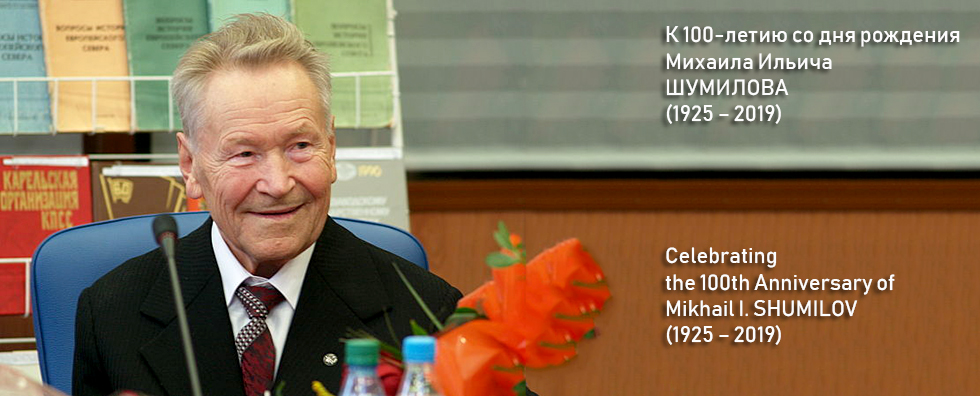References
Chertkova E. A. Computer technologies of education: textbook for universities. Moscow: Yurayt, 2019. 250 p.
Pidkasisty P. I. Pedagogy. A textbook for students of pedagogical universities and pedagogical colleges. Moscow: Academy, 2014. 624 p.
Pidkasisty P. I., Tyshchenko O. B. Computer technologies in the distance learning system // Pedagogy. 2000. No. 5. P. 7—13
Proshina E. Yu. On some issues of using ICT in Russian language lessons // Bulletin of the RUDN. 2009. No. 4. P. 60—65
Rybkina O. S. Computer learning tools for educational purposes: concepts and characteristics // Development of education, pedagogy and psychology in the modern world: a collection of scientific papers on the results of the international scientific and practical conference. Voronezh, 2015. P. 174—179.
Selevko G. K. Modern educational technologies. Moscow: Public Education, 1998. 256 p.




